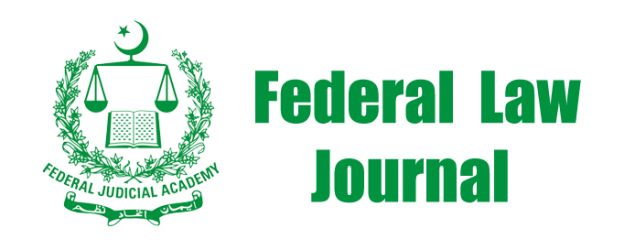Correction Policy
The Federal Law Journal will issue corrections, retraction statements and other post-publication updates including Editor’s Notes and Editorial Expressions of Concern on published content.
Author Correction: An Author Correction may be published to correct an important error(s) made by the author(s) that affects the scientific integrity of the published article, the publication record, or the reputation of the authors or the journal.
Author Name Change: An author who has changed their name for reasons such as gender transition or religious conversion may request for their name, pronouns and other relevant biographical information to be corrected on papers published prior to the change. The author can choose for this correction to happen silently, in which case there will be no note flagging the change on either the pdf or the html of the paper, or alternatively they may do so by a formal public Author Correction.
Publisher Correction: A Publisher Correction may be published to correct an important error(s) made by the journal that affects the scientific integrity of the published article, the publication record, or the reputation of the authors or of the journal.
Addendum: An addendum is generally published when significant additional information crucial to the reader’s understanding of the article has come to light following publication of the article.
Editor’s Note: An Editor’s Note is a notification alerting readers if the journal has initiated an inquiry in response to concerns raised about a published article. It is an online-only update, made only to the HTML version of record of the published article. It is not indexed.
Editorial Expression of Concern: An Editorial Expression of Concern is a statement from the editors alerting readers to serious concerns affecting the integrity of the published paper.
Retraction: An article may be retracted when the integrity of the published work is substantially undermined owing to errors in the conduct, analysis and/or reporting of the study. Violation of publication or research ethics may also result in a study’s retraction. The original article is marked as retracted but a PDF version remains available to readers, and the retraction statement is bi-directionally linked to the original published paper. Retraction statements will typically include a statement of assent or dissent from the authors.

